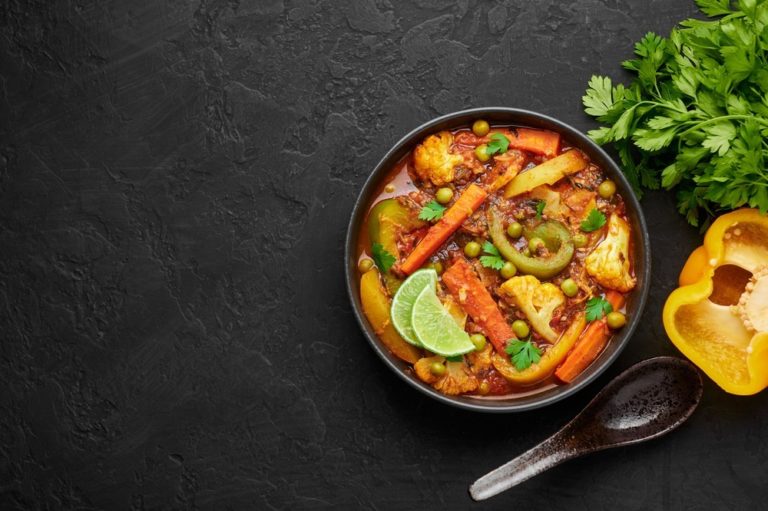You’re likely aware of a long list of diets or eating practices that are touted to improve your health. Nutrition can often feel like a minefield; it feels a challenge to know which diet to choose for the best or indeed which foods are beneficial or less than optimal for health.
Here at Beyond40 we are huge advocates for intuitive eating, but you may not be familiar with this concept. So, we thought we’d share the major principles behind this approach to nutritional health.
What Is Intuitive Eating?
Intuitive eating is a philosophy of eating that makes you the expert of your body and its hunger signals.
Is it essentially the complete opposite of a traditional diet. It doesn’t impose guidelines about what to avoid and what or when to eat.
This can sound a little daunting, especially if we feel we have no idea where to start when it comes to our own nutrition, but the intuitive eating approach teaches that you are the best person — the only person — to make those choices. And it develops a certain set of skills in the process.
The main aim of intuitive eating to to break down dieting cycles and reconnect, in a healthy way, to food, and eating,
The Major Principles of Intuitive Eating:
Reject Dieting Mentality
Have you tried a diet? How did it work out for you? Many diets can provide short term benefits, but they are often not sustainable.
The true definition of the word diet comes from the Greek meaning, “way of life.” Intuitive eating encourages you to embark on a “diet” that becomes a way of life. and not just switching to the latest fad diet (the clue is in the word “fad”).
Recognise Your Hunger
The idea is that you should eat when you’re hungry and stop when you’re full.
Though this should be an intuitive process, for many of us, it’s not.
Trusting certain diet approaches and social media experts about what, when, and how to eat can lead you away from trusting your body and its intuition.
To eat intuitively, you may need to relearn your body’s signals. To do that, you need to distinguish between physical and emotional hunger:
- Physical hunger. This biological urge tells you to replenish nutrients. Signs of physical hunger include tiredness or a rumbling stomach.
- Emotional hunger. This is driven by emotional need. Sadness, loneliness, and boredom are some of the feelings that can create cravings for food and often comfort foods. Check in with your mood if you’re grabbing that family sized chocolate bar!
Make Peace With Food
Allowing yourself to have “bad” foods starts to repair the relationship you have with food and your eating habits. No food is inherently good or bad, it just has different nutritional value. Notice how you feel when you eat certain foods. It’s a much healthier approach to acknowledge that you feel bloated or tired after eating certain foods and may want to limit intake of these to feel your best. Likewise, when foods make you feel good or energised, eat more of them.
Savour The Experience Of Eating
How many of us eat on the go? In a world that never seems to sleep, we can forget how important it is to savour our eating experiences.
Not only does eating on the go stress our digestive system, but we miss out on tasting and enjoying the food we are choosing to eat.
If you want some science to seal the deal, studies have shown that when we eat whilst doing something else, we are more likely to overeat because we aren’t paying attention to the signals our body is sending us!
Practice mindful eating – see how many tastes you can notice, feel the texture. Eating with others can also prevent us from picking up our phone and scrolling social media whilst we eat too!
Don’t Use Exercise as a Punishment For What You Ate
Whilst the calorie in-calorie out model of obesity is popular, it is simple. Obesity and being overweight is far more complex. That said, many of us see exercise as a way to “make good” when we have over-indulged.
This distracts from the real benefits of physical activity in our lives, and we then end up having a poor relationship with both food and exercise.
Move more, but move because you enjoy it. If you haven’t yet found an activity that you like, keep trying.
When you practise intuitive eating, you eat because it fuels your body and mind, and you exercise because it makes you feel good.
If you like the idea of intuitive eating, try to incorporate some of these principles into your life. Intuitive eating is more of a journey and a way of life. If you would like any support to improve your health and well-being as you age, and create a way of life that can help you live better, stronger and for longer, check out how we can help.
Thanks for reading,
Beyond40


